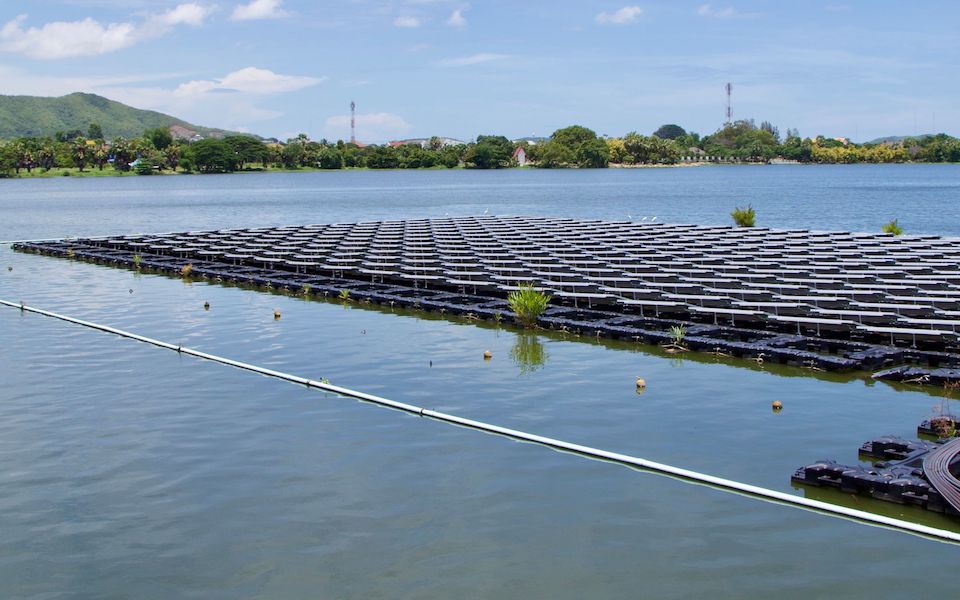Surge in investor interest in renewable energy source – the gold rush of our times?

POWERED BY ZEPOS & YANNOPOULOS
Over the last couple of years, Greece has seen an unprecedented investment surge in RES projects, both by domestic and foreign investors, including some of the most prominent entities in global energy. In December 2020, during the last application round, a record 1,864 new applications totaling a capacity of 45.55 GW were submitted to the regulator. That’s in addition to the capacity already submitted in previous rounds, still pending to be awarded. To put it into perspective, this capacity is only 9 GW shy of the RES penetration targets set by the 2019 National Climate and Energy Scheme for 2030.
The boom is driven by a number of factors, none more important than the current measures introduced to expedite the energy transition scheme. Indeed, the scheme has set ambitious goals: 35% energy RES participation in gross energy consumption and 60% of electricity energy consumption by 2030. This would require the doubling of existing RES capacity of almost all RES technologies – with the exception of hydro – within the next 10 years. Other factors are also at play: 1) an optimized regulatory environment due to amendments introduced last May, 2) a decrease in the cost of RES technologies, 3) proclaimed investments in infrastructure and, 4) a rather attractive compensation prospect despite the gradual reduction of Feed-in Premium (FiP) secured through auction procedures.
The question still on most minds is whether these factors alone justify the recent RES investment bonanza. In other words, do all the applications submitted correspond to viable projects and what are the main obstacles investors are most likely to face?
The list is quite long. First and foremost –and despite recent ambitious reforms –there’s still a lot of red tape. Plus, the application of the regulatory framework is not uniform, while the approach and timing may vary significantly from one geographical district to another. New siting rules should also be set, since the current ones, introduced back in 2009, are considered outdated. Although the environmental clearance of RES projects has been significantly simplified, it’s still the most pivotal part of the licensing process; the fact that many projects are often located in environmentally sensitive areas, such as Natura, where rigorous protection rules apply, is a further complication. Challenges leading to lengthy litigation processes before the Supreme Administrative Court are not uncommon. Regarding photovoltaic projects, a highly challenging aspect is securing the land rights for the project, which often requires the identification and subsequent negotiations with multiple owners including municipalities and the state. Finally, when it comes to novel RES technologies such as offshore wind and floating photovoltaics, the rules are neither concrete nor clear. This has not deterred some of the leading energy companies to apply for floating PVs during the December 2020 round. It remains to be seen how these applications will progress, also taking into consideration the stance to be followed by the local communities, and whether a more substantial investment wave will follow. Any such obstacles need to be checked against a strict timeline introduced by the recent Law 4685/2020 for licensing process completion.
It appears that only a portion of the 45.55GW will eventually be implemented. As such, reaching the 2030 target depends on facilitating projects with true potential, as well as accelerating the integration of novel RES technologies, including storage systems. Not surprisingly, to reap the most benefit from RES investments, a careful legal, technical and financial assessment is required.





